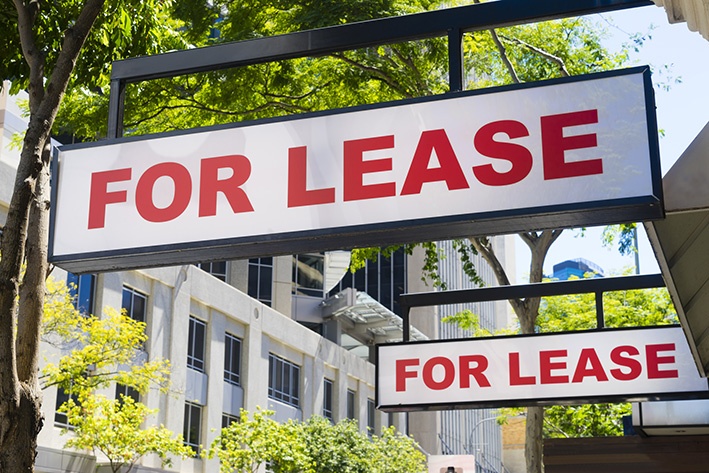
Last month, Stats SA announced that South Africa entered a technical recession. This was due to the economy suffering two consecutive quarters of negative growth. The property market is cyclical and is affected, either positively or negatively, by all manner of economic or political occurrences. “Such a recession may have a negative impact on all aspects of business, including the commercial property industry; or will it?” asks Leon Breytenbach, National Manager of the Rawson Property Group’s commercial division. Property brokers are by nature optimistic folk and can find a positive in almost any situation, however bleak it may appear.
Is there cause for concern?
“Leading up to the announcement of the recession, it had been evident for some time that jobs were scarce, salaries did not keep abreast of the inflation rate and the consumer was hard-pressed to make ends meet,” Breytenbach observes. The 1% VAT increase and the ever-rising petrol price caused increased costs on consumer goods. In the Western Cape, water prices rocketed due to the drought situation. The country’s agriculture showed a decline of 29%; transport, trade and manufacturing industries also suffered a continued dip in the second quarter of the year. Spending on luxury or non-essential items dropped noticeably. At the same time, Eskom’s problems pushed the country’s electricity price beyond anticipated margins. This was accompanied by a change of president in February. So where is the bright side to all this gloom and doom, you may ask?
Rentals versus sales
Combined, these factors resulted in the economy’s downturn, but some predictions reveal that the third quarter may show a positive result, albeit a very small one. As consumer and investor finances are more stringently managed, property sales may reduce, but rentals should increase as loans become more difficult to secure. “Businesses may put off buying that expensive property for a year or two, instead trying to negotiate a better deal with their current landlord or relocate to premises where they are offered more favourable rates,” Breytenbach suggests. Investors may find that prospective commercial owners who planned to vacate their buildings at the end of the lease period will prefer to remain where they are, rather than putting their liquidity at risk in an unfavourable economic climate. As a result, the rental market may improve at the expense of purchases and sales.
Wisdom and innovation
Sectors of the market which were popular pre-recession will take a knock along with the rest, but probably not as severely, so selective buying and selling can still be profitable. Businesses need a place from which to operate and there will always be certain companies with the resources to capitalise on lower prices. “Properties will change hands at more realistic prices than in boom periods, and wise investors will be watching the property market so as to snap up a bargain if one comes along,” remarks Breytenbach. Innovative ideas for the reuse of property could encourage investors to think outside the box and see potential in unusual transactions. An innovative property broker may share his ideas with a client and succeed in initiating a purchase.
Ride out the storm
As the year progresses, it would be wise to keep an eye out on interest rates, foreign exchange rates as well as fluctuations in the retail and industrial sectors, as these trends will exercise influence on the overall economy as well as the property market. “In order to ride out the recession, investors would be advised to take a few precautions. Keep an emergency fund available to cope with any unexpected problems. If your bond will require re-financing in the near future, try to negotiate a longer-term or a better interest rate, if at all possible. Continue with preventative and ongoing maintenance but defer any non-vital upgrading or major projects until the timing is better suited to the economic climate. Be sure to keep your occupancy levels steady, even if it means a reduction in rent or deferring an increase in order to retain a good tenant,” Breytenbach advises.
In conclusion
Irrespective of whether the recession continues or eases, we are facing a difficult time, but we have come through such times in the past and have become stronger for having survived. Creative thinking should help to stimulate some transactions. Businesses must still have a place from which to operate and people require a place to live, besides wanting shops and services to cater for their daily needs. For that reason, commercial property such as warehousing, factories, offices, retail outlets of all genres and apartment blocks will continue to be bought, sold or rented, albeit at a slightly slower pace. “It is possible, with care and forethought, to weather the storm and look to a brighter future,” says Breytenbach.
Rawson Commercial has offices countrywide and will gladly assist you in finding the right property to suit your requirements. Please contact (021) 658 7100 and we will refer you to your nearest office.